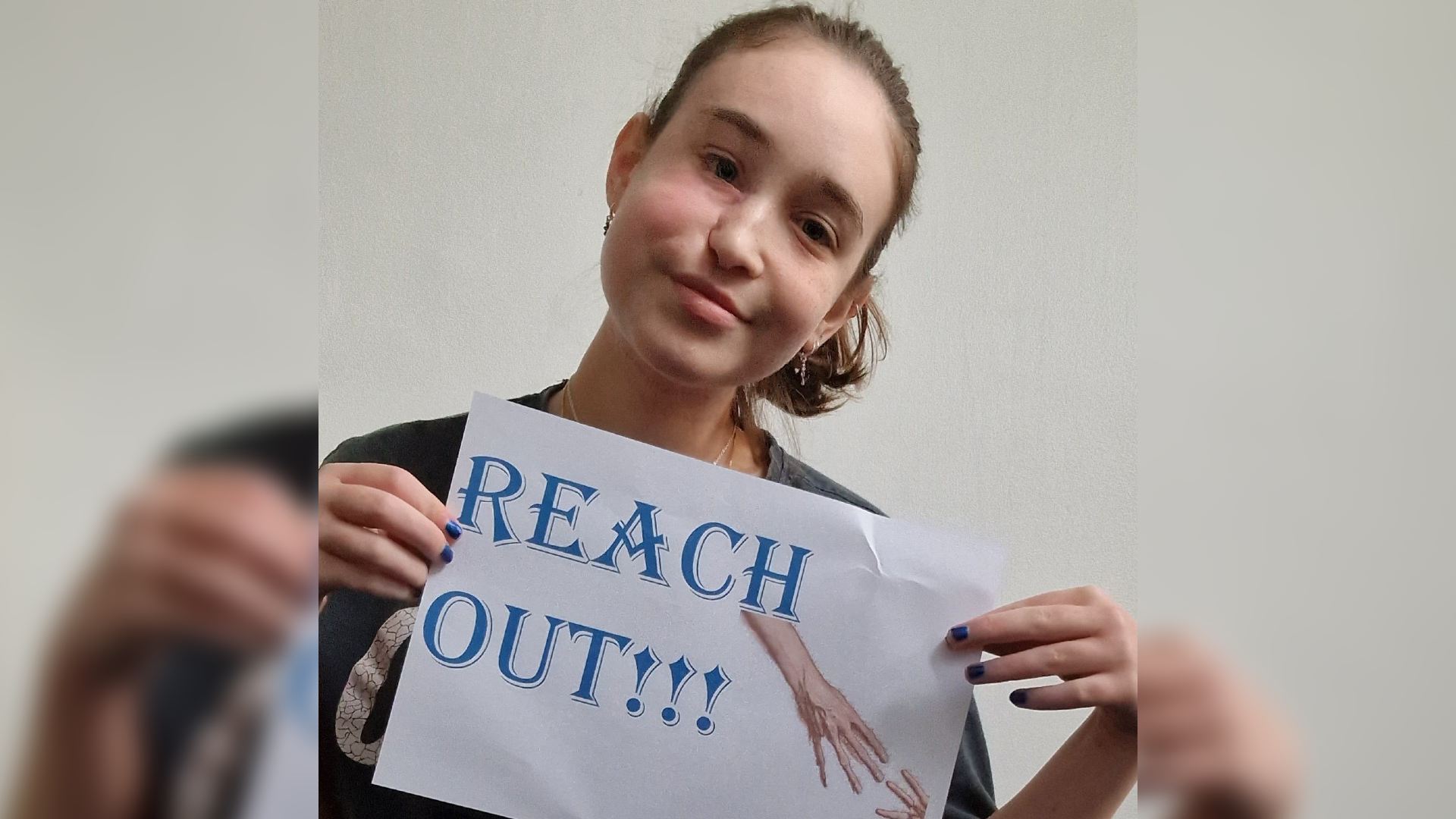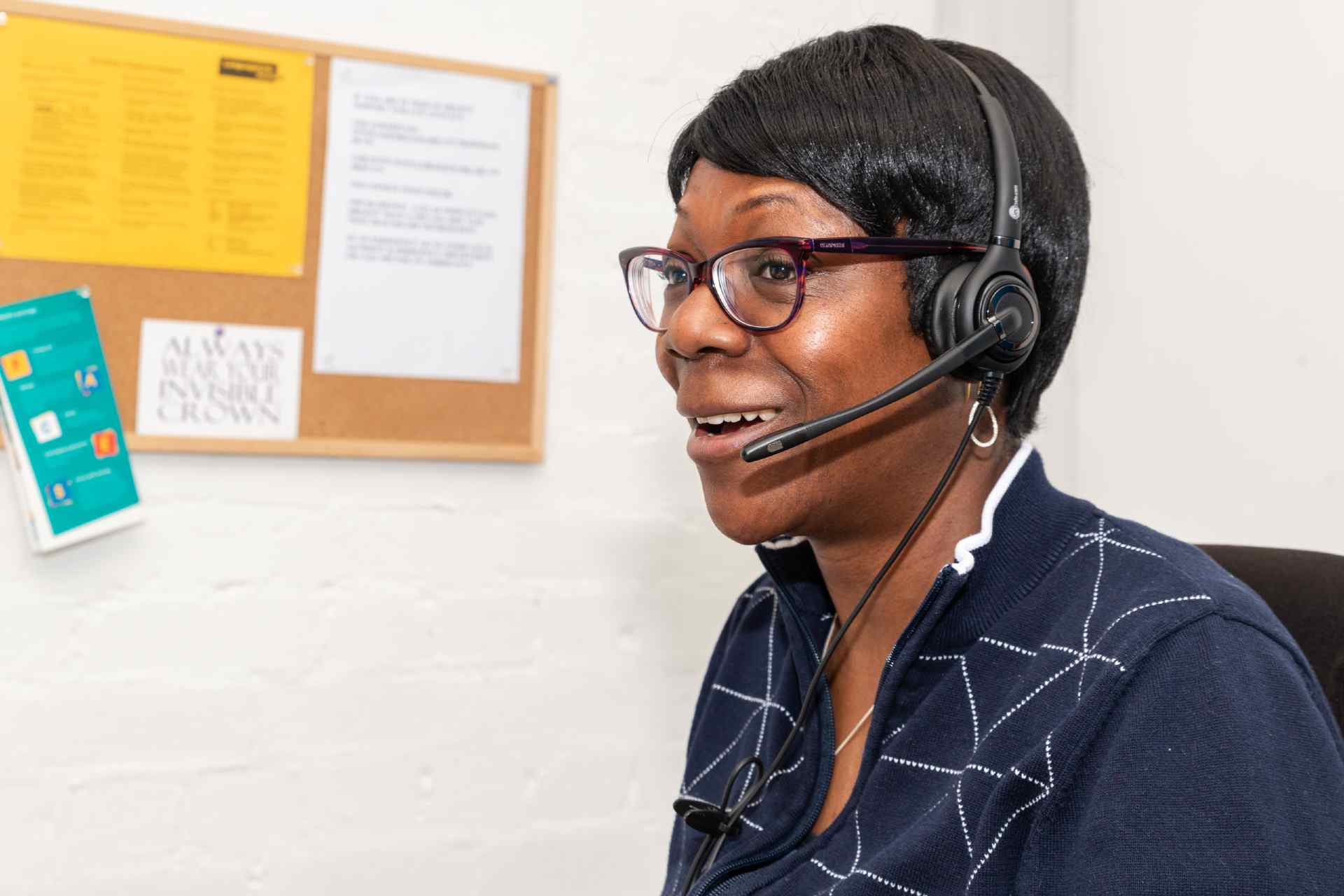When I was six, I was diagnosed with a rare facial tumour. As a result, I had to undergo a number of operations to have the tumour removed, and the procedures left me with facial scarring.
I thought that when I was older, I’d be able to cover up my scars with makeup, but my eczema and the ways my scars are meant this wasn’t possible. Because of this, I looked different to my classmates, and this was difficult to accept. These feelings of being an outsider weren’t helped by the stares and whispers that I knew were happening behind my back on a daily basis.
When we think of bullying, we often picture violence, being intentionally tripped over, shouting and name-calling. However, this isn’t its only form.
For a long time, I didn’t know how to describe my experiences, as I thought that bullying only consisted of obvious, more physical interactions. It wasn’t until I spoke to my sister about the whispering and staring that I realised that what was happening was a type of bullying, and that it wasn’t okay.
Having someone validate my feelings, and put a name to what I was experiencing, was incredibly freeing.
People underestimate the impact that this niggling form of bullying can have. While it isn’t in your face, it’s constant and exhausting. It becomes hard to trust anyone, because you think that maybe they’re talking behind your back too.
As soon as I reached out to my sister for support, I felt a weight lift from me. Having someone validate my feelings, and put a name to what I was experiencing, was incredibly freeing.
I came to realise that confidence was the best way to deal with these silent bullies, and “fake it until you make it” became my motto. You can’t always change other people’s behaviours, but you can change the way you react to them.
Rather than shying away from situations where I could sense eyes on me, I started to own them, telling myself positive affirmations and giving myself confidence. The more I did this, the more genuinely confident I became, and the stares bothered me less and less.
I realised that I didn’t need to hide away at home in my hoodie for fear of other people’s negative reactions, that was their problem to deal with, not mine.
Once I was introduced to social media, my confidence continued to grow. Throughout my time at school, I’d felt very alone, as I’d never come across anyone else with a visible difference like mine, but I found a whole community of people like me on social media.
People such as Nikki Lily and Katie Piper inspired me to embrace myself as I am. Here they were thriving in the public eye, proudly displaying their visible differences for everyone to see. I realised that I didn’t need to hide away at home in my hoodie for fear of other people’s negative reactions, that was their problem to deal with, not mine.
Attitudes towards difference need to change, and education is key to that. Parents and teachers must teach their children and students that being unique is amazing, and that it’s something to be celebrated, not to use as ammunition for bullying. If we normalise difference early on, then bullying can be prevented altogether – no matter what form it comes in.

